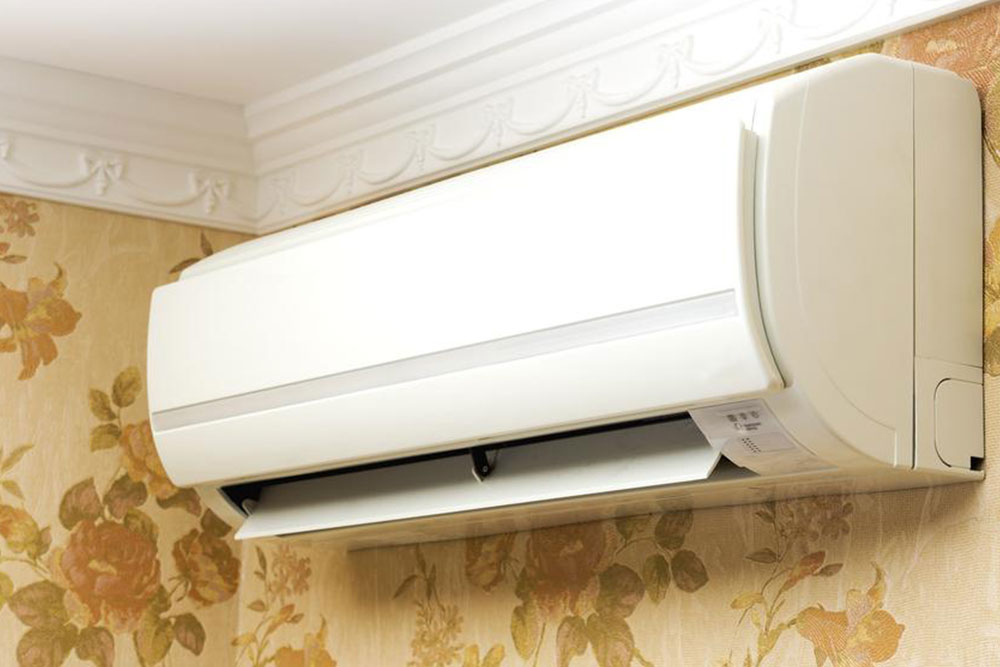Processes involved in air conditioner installation
There are different types of air conditioners available that require different installation processes; it will, therefore, be advisable to hire a professional to get your air conditioner installed efficiently. For example, if you are planning to get centralized or split air conditioners installed, it will be better if you look for an experienced HVAC technician.
The following are a few ways through which you can hire an HVAC technician for air conditioning installation in your home and office spaces:
- Asking trusted sources like your family and friends
- Searching for a local HVAC technician or a contractor through an online contractor directory
- Searching for technicians through online review sites and reading reviews and customer experiences of some popular HVAC contractors in your state
These pointers can also be used for finding technicians of other types of air conditioner installation.

Choosing a technician for installing an air conditioning
Once you have zeroed in on a few companies or contractors, you can call them to arrange for an estimate for installing the air conditioning system. A trustworthy and a professional contractor will help set up the air conditioning system and provide you with tips to troubleshoot for minor difficulties that you might face with the air conditioner.
He or she will also be able to answer all your technical queries, making sure that you choose the right option based on your financial and comfort needs. An efficient technician will perform cooling load calculations and help you determine the size of the air conditioner needed.
Once you are sure that you want to install a centralized or a split air conditioner for your home or office, expect the following process for the same. Note that, this is a generalized list of processes. The actual steps may, however, vary between contractors.
- Check with your local government if you require a permit for the HVAC work to be done in the process for installing a centralized or a split air conditioner installation. The contractor might take care of the permit or might require you to get one. However, the best contractors will facilitate the permit on your behalf.
- Once you receive the permission, the contractor will take apart and disassemble your existing air conditioning system.
- If your existing air conditioning system was centralized, the contractor might repair and alter the duct system based on the new air conditioning system. For ducts that are damaged beyond repair, a new ducting system might be required.
- A concrete pad might be required to set the outdoor unit. This also holds true for installing rooftop supports in a packaged air conditioning system.
- The contractor will connect the indoor and outdoor unit by determining the appropriate size of refrigerant lines, drain piping, and electrical lines.
- The contractor will finally connect the thermostat, clean out the contaminants from the refrigerant lines, and perform a test run.
- Once the air conditioning system is up and running, the contractor will perform an installation inspection, ensure that it was done correctly and will ensure that the system is working properly.

